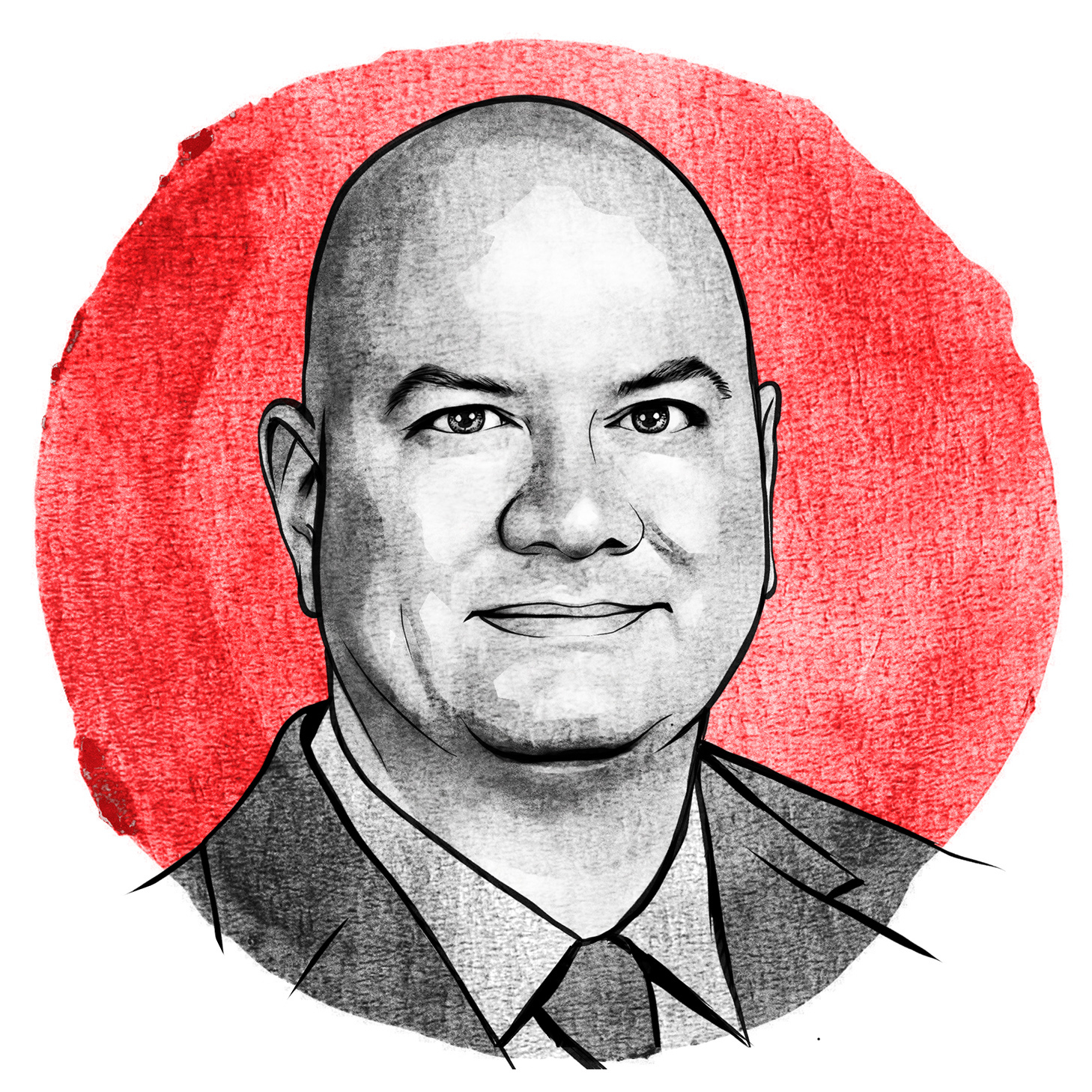Democratic Fallacies
If it’s true that millions of former Buchanan voters have supported Bush, as Jim says, that doesn’t tell us very much, since Buchanan attracted different voters in each of his races even as he also maintained a core of more or less pure Buchananites. In 1992, Buchanan attracted not only Buchananites but also conservative Republicans in general who felt betrayed by George H.W. Bush. Many of those 1992 Buchanan voters presumably never agreed with PJB’s opposition to the first Gulf War. It should not surprise us if many of them became Bush II voters in 2000 or 2004.
Dole in 1996 had never offended grassroots conservative sensibilities as egregiously as Bush I, but he was a weak candidate overall and particularly did not appeal to social conservatives. So again, it made sense that many of them would support Buchanan over Dole. I don’t think many of these religious voters were deeply interested in foreign policy.
(The obvious issues are all that we need consider to explain the change in grassroots conservatives’ foreign policy views over the last decade: in the ’90s, they opposed a Democratic president’s nation building; now they support a Republican president’s nation building. 9/11 and partisan affiliation are enough to do the trick — if Bush were a Democrat, the Right would still be hawkish, but there would be relatively more support for Buchanan and antiwar conservatism.)
I don’t think paleos actively lost voters over the past 16 years, because we only had “Bush voters” for adventitious reasons in the first place. As events changed and as our opponents changed — as Bush II, for example, played the cultural conservative more effectively than his father or Dole did — our support changed. There was little paleos could have said or done. Bush II was a tougher opponent than Dole or Bush I, and the post-9/11 environment was rougher sledding than the 1990s had been. Sometimes the obvious answer is the right one.
Also, let’s remember that those “millions of people who were in the Buchanan brigades” were not enough to win the nomination in ’92, ’96, or ’99/’00. Even the relatively weak Bush I and Dole still won. We should not look at ’92 or ’96 as a paleo golden age. If either of those years was as good as it gets, we’re sunk.
If we don’t want to remain slaves of circumstance, we’re going to need a much more powerful movement than we have now. I think we’re going to need to do what the Goldwaterites did when they took the GOP — and then lost it, and then retook it — from the Rockefeller Republicans. We need to build up institutional infrastructure, so we can educate and reshape voters, and eventually produce candidates and other leaders. (It’s wrong to assume that voters, even conservatives, will just naturally agree with us — that’s a corollary to the democratic fallacy: if the majority is always right, and we know we’re right, then we must have at least an incipient majority behind us. It just ain’t so.) This is hard work that will take years and more money than any of us has. There are a few other strategies that might be tried, but this is the only one in which I have any confidence.
